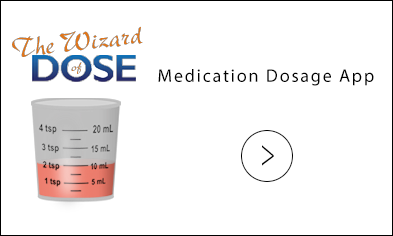
Screening Tests
Newborn Screening
All states now have mandatory newborn screening and testing for a variety of diseases, including HIV and several metabolic conditions. The value of these tests lies in the fact that although these diseases are exceptional, they can all (except HIV) be prevented or at least improved with very simple measures. For example, with congenital hypothyroidism, one of the most common of these rare diseases, a few daily drops of medicine will cure the baby.
The tests are performed by spilling a little blood obtained from Lucy’s heel onto a piece of paper. If you never hear back from the hospital, her results are normal. But if something comes up abnormal, the state lab will contact you, your doctor, and the institution where you gave birth. A second blood test will be necessary to confirm the abnormality. Since they analyze some digestive byproducts, in order to be accurate these tests must be performed after at least twenty-four hours, the time it takes a newborn to start eating. If you’re discharged before the end of the first day, your doctor will redo the test at your first visit.
The number of illnesses included in the test varies from state to state, but the majority of states include the most common of these exceptional diseases. You may run across advertisements for private laboratories that offer additional tests for even rarer diseases; in my opinion there’s little benefit in routinely screening newborns for these other almost unheard of diseases, most of which are incurable.
In Children
 Years ago, doctors performed a yearly blood test on children to screen for various problems such as anemia or elevated cholesterol. The kids hated it, and it was rarely helpful, since these conditions are so rare. In the end, the medical [note] >1 Year [/note] community decided that the tests were a waste of energy. Nowadays, except for routine lead testing and testing for anemia around the one-year mark, blood tests are performed only in response to specific concerns.
Years ago, doctors performed a yearly blood test on children to screen for various problems such as anemia or elevated cholesterol. The kids hated it, and it was rarely helpful, since these conditions are so rare. In the end, the medical [note] >1 Year [/note] community decided that the tests were a waste of energy. Nowadays, except for routine lead testing and testing for anemia around the one-year mark, blood tests are performed only in response to specific concerns.
You can minimize the mild pain associated with the drawing of blood from a vein by applying an anesthetic cream twenty minutes prior to the test. The finger prick procedure is more painful, however, and the anesthetic cream won’t work as well.
As for other screening tests, we no longer advocate routine tuberculosis tests, unless there’s a suspicion of contact. Similarly, we no longer perform annual urine screening tests, unless there’s a reason to do so, such as a urinary infection. In our office, this has eliminated the confusion between leftover cups of apple juice and samples!




 MEDICATION DOSAGE
MEDICATION DOSAGE

